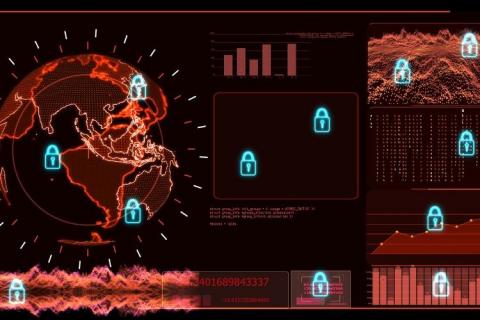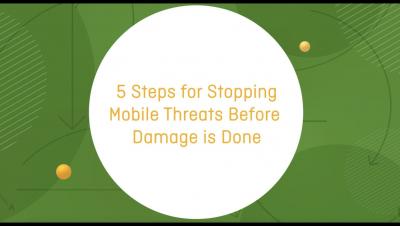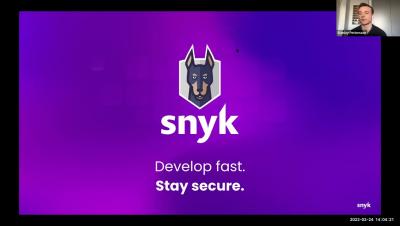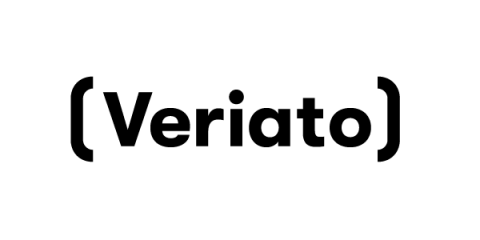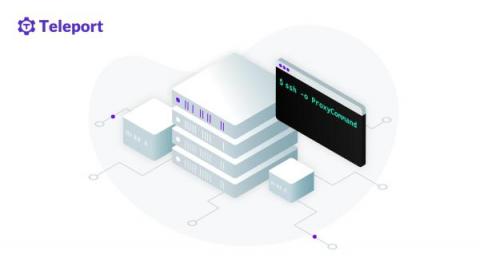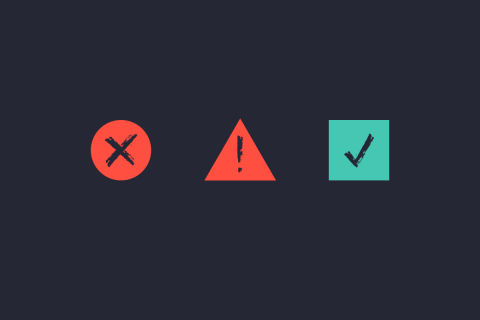Security | Threat Detection | Cyberattacks | DevSecOps | Compliance
Security
Why client-side web application security is critical to protecting from Magecart and other similar attacks
What can’t you buy on the internet? Last-minute birthday gifts. Check. A new refrigerator. Check. An engagement ring. Check. Groceries. Check. Travel to foreign lands. Check. Internet-driven consumerism is a critical component of our economy. But it has its dark side filled with demons.
How to Protect Your Phone from Mobile App Security Risks
5 Steps for Stopping Mobile Threats Before Damage Is Done
Enabling Zero Trust for Your Mobile Devices
Introduction to Snyk IaC Workshop
Insider Risk Looms the Manufacturing Industry: Tips to Mitigate
The rising adoption of digital processes in manufacturing has fundamentally changed how this sector does business. The increased reliance on digitization and network connectivity has sharpened the risks of company data exfiltration, intellectual property damages, and more, especially those stemming from insiders. Insider threat actors operate from a position of trust that allows them to circumvent security and evade detection for months, if not years.
Plymouth, Inc Recovers in 48 Hours and Zero Data Lost From Security Breach
How To Use SSH ProxyJump and SSH ProxyCommand
OpenSSH ProxyJump and ProxyCommand directives tell the SSH client how to connect to a remote server via an intermediary server — often called a jump host, jump server, or bastion server. If you are new to jump servers, read our tutorial on how to set up a jump server and learn some of the best practices to secure them.
Top 3 mistakes when implementing an External Attack Surface Management (EASM) program
I have a history of creating my own custom “bug bounty automation” systems to automate the process of performing reconnaissance, vulnerability discovery at asset prioritization. These days it’s called “External Attack Surface Management” (EASM). In essence, EASM is hardly a new concept. The name has become fancier since Gartner listed EASM as an emerging product but the concepts are very similar.


